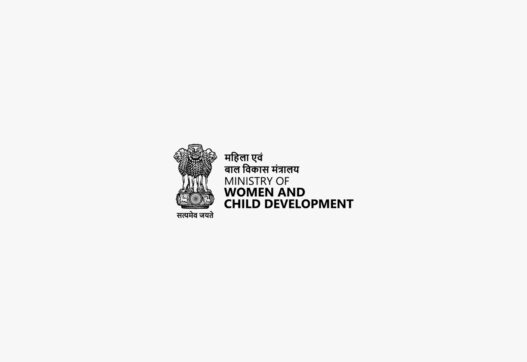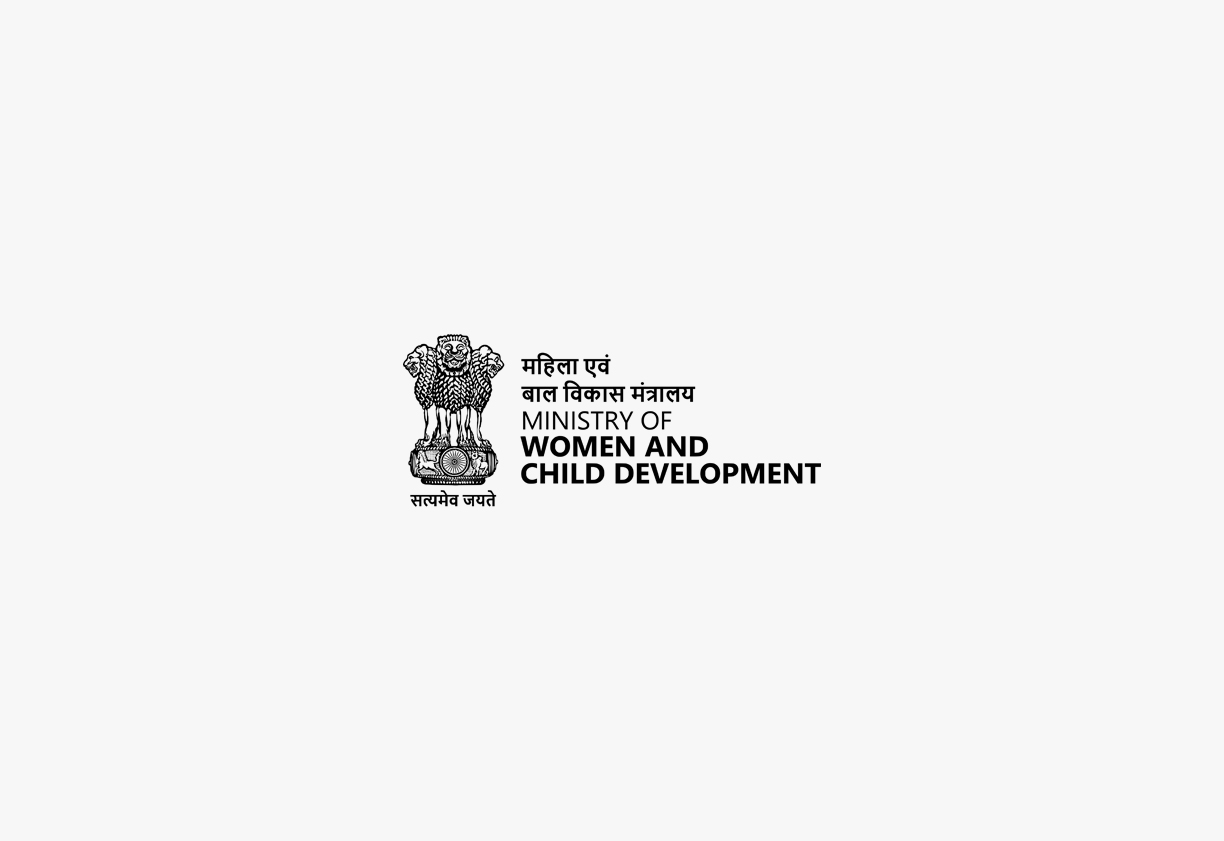Ministry of Women and Child Development
The Protection of Women from Domestic Violence Act, 2005, is a landmark legislation in India that provides civil remedies for women facing domestic violence. The Act recognizes that domestic violence is not limited to physical abuse but can also include sexual, verbal, emotional, and economic abuse. It provides a wider definition of “domestic relationship” and offers various protections and reliefs to victims of domestic violence. This Act falls under the Ministry of Women and Child Development.
Enactment Date, Number of Chapters, Number of Sections:
The Act was enacted on September 13, 2005, and came into force on October 26, 2006. It consists of five chapters and 37 sections.
Act Governed By:
The Act is primarily enforced through Magistrates, who have the power to issue protection orders, residence orders, monetary relief, and other forms of assistance. Protection Officers, appointed by State Governments, play a crucial role in assisting victims and coordinating with various service providers, including shelter homes and medical facilities.
On Whom It Is Applicable:
The Act applies to all women who have been in a domestic relationship with an adult male person and who allege to have been subjected to domestic violence. It also allows a woman in a relationship in the nature of marriage to file a complaint against a relative of the male partner.
Penalties/Punishments:
The Act prescribes penalties, including imprisonment and fines, for respondents who breach protection orders. It also penalizes Protection Officers who fail to discharge their duties.
Important Pointers:
-
Defines “domestic violence” broadly to include physical, sexual, verbal, emotional, and economic abuse.
-
Provides a right to reside in the shared household, irrespective of property ownership.
-
Empowers Magistrates to issue protection orders, residence orders, monetary relief, custody orders, and compensation orders.
-
Provides for the appointment of Protection Officers to assist victims.
-
Mandates service providers, such as shelter homes and medical facilities, to provide assistance to victims.
-
Allows for counseling and assistance from welfare experts.
-
Provides for interim and ex-parte orders in urgent cases.
-
Makes offenses under the Act cognizable.
-
Provides for appeals against the Magistrate’s orders.




